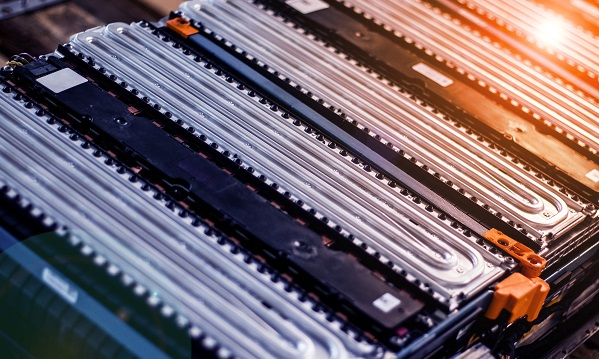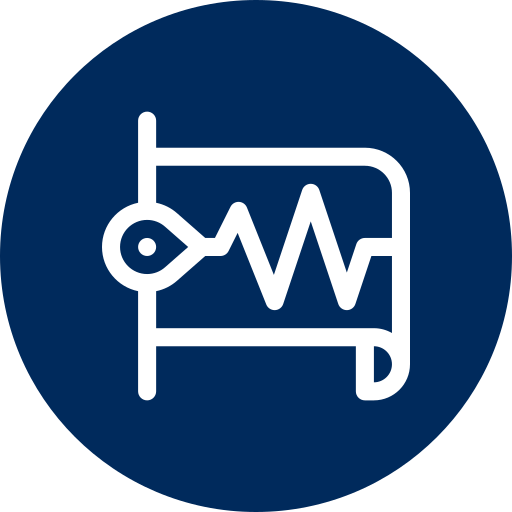Testing that Reaches the World
Battery Testing

Along with Lithium-Ion battery testing services, Clark Testing provides a variety of battery testing services for the broad applications of commercial and industrial batteries. We offer comprehensive battery testing services for automotive/EV battery systems, aerospace, defense, renewable energy, UPS Systems, battery chargers, marine, telecommunications, medical devices and consumer electronics.
With large shake tables and walk-in thermal chambers, Clark is able to test EV and transportation battery packs along with industrial battery pack systems up to 10,000 lbs. Clark has become the key resource for system integrators and manufactures for product validation services of battery modules and battery pack testing. All testing is conducted under the guidance of Clark’s ISO 17025-2017 quality program and in accordance with UNDOT, UN 38.3, IEEE, OSHPD, UBC, IEC and SAE Standards.
Featured Battery Testing Services
- Life cycle
- Performance
- Cell, module & pack testing
- Safety/misuse testing
- Vibration
- Shock
- Seismic
- IEEE, UBC & AC-156
- Submersion
- Salt Spray
- HALT/HASS
- Altitude/Thermal Vacuum
- Dust
- Fungus
- Temperature/Humidity
- EMC/EMI
- RF Emissions
- RF Immunities
- Impedance
- Insulation Resistance
- Overcharge/Over-discharge
- Transient
- Continuous Charging
- Dielectric Voltage
- High Voltage Exposure
- Continuity
- Environmental simulation
- Penetration/crush
- Enclosure Integrity
- Transport tests
Along with mechanical and electrical testing of battery cells, modules and systems, Clark’s analytical laboratory provides elemental analysis of battery cell materials. For many years, Clark’s analytical chemistry lab has been providing material validation and elemental analysis on battery cell components.
Chemical Elements of Battery Cell Technologies
- Rare Earth Elements
- Lithium Hydroxide
- Potassium Hydroxide
- Nickel Hydroxide
- Misch Metal
- Zinc
- Aluminum
- Cobalt
- Manganese
Our strategic relationship with battery developers, manufacturer, system integrators and end users has positioned Clark Testing as a key resource in the continuous development of battery technologies. We team with battery industry stake holders to support R&D initiatives along with product validation to help with battery technology development.
Innovation and material development is key to the progress of Research & Development and commercialization of the battery industry. Improved life cycle and efficient rechargeable batteries are critical for future development. Producing safe, clean and reliable energy for industrial and commercial applications is a core to Clark’s battery testing initiative.
Common Rechargeable Batteries Technologies Include:
- Lithium-Ion: Li-ion polymer: Li-ion technology delivers a high cycle count and low maintenance cost per cycle. Li-ion is replacing applications that were previously served by lead and nickel-based batteries. Li-ion has certain hazards, due to safety concerns, Li-ion requires a protection circuit.
- Lead–acid: Lead acid is durable and economically priced. Lead-acid batteries are limited in energy distribution and endurance. Commonly found in commercial applications such as wheelchairs, golf carts, cargo carriers and UPS Systems. Lead-acid has environmental concerns due to its toxins.
- Nickel NiCd: Nickel metal hydride: NiCd is preferred as one of the fast charging technology due to the internal chemistries. NiCd is rugged and offers power endurance. NiCd are included in both industrial and commercial applications such as medical devices, power tools, aviation and UPS systems. Like Lead-acid, NiCd has environmental concerns and is being replaced with other chemistries.
- Nickel-metal-hydride NiMH: Based on its chemistries and low toxins, serves as a replacement for NiCd as it has only mild toxic metals and provides higher specific energy. NiMH is used for medical instruments, hybrid cars and industrial applications. NiMH is also available in common household A, AA and AAA cells for consumer use.
Safety and reliability are critical to Clark’s commitment in the battery industry. Over the years, Clark Testing has implemented processes and procedure along with taken every precaution to ensure a safe work environment for our battery testing lab.
Clark’s lab engineers and technicians communicate with our customer who provide us with the detailed specifications of their batteries or battery systems and enable us to take the necessary precautions. These precautions include protection of employees along with the test equipment itself.
We have installed ABC & BC fire extinguisher along with implementing extensive training for our staff. Clark has also taken the extra steps to provide the ABC & BC fire extinguisher to our local fire department here in Jefferson Hills. Finally, Clark has 2-3 volunteer firefighters on staff who have helped set up our safety program.



